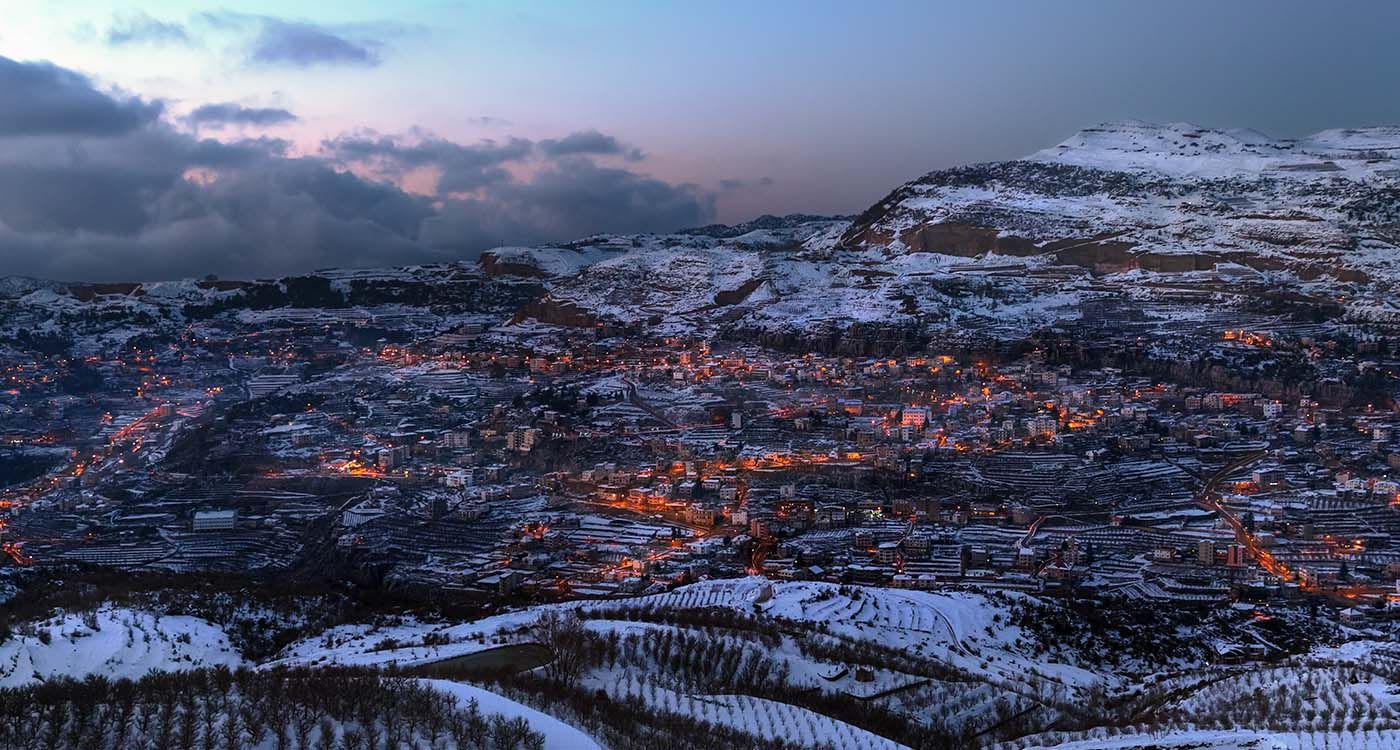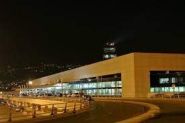
End-of-year festivities in 2024 were marked by the shadow of war and economic challenges, yet they also served as a proof of the Lebanese people’s resilience. After months of tension and conflict, the holiday season brought mixed emotions, oscillating between a longing for normalcy and numerous war-imposed challenges.
Lebanon is traditionally renowned for its vibrant year-end celebrations and ski resorts. However, its tourism sector was severely impacted by the conflict between Hezbollah and Israel. Foreign tourists were entirely dissuaded from visiting the Land of Cedars, and many Lebanese expatriates canceled their trip. The ceasefire between Hezbollah and Israel, effective from November 27, allowed many Lebanese to return home at the last minute for the holidays. However, hotels, restaurants and nightclubs, which had hoped for a recovery after a bleak summer, faced significantly lower-than-expected turnout.
Regarding arrivals in Lebanon, the president of the Syndicate of Tourism and Travel Agency Owners, Jean Abboud, told This is Beirut that “the number of travelers in December was higher than expected, even though it remained about 40% below December 2023 levels.” He estimated that approximately 118,000 passengers entered Lebanon compared to 261,557 in December 2023.
Indeed, after the ceasefire agreement, airlines gradually resumed flights to Beirut, increasing daily traveler numbers from around 6,000 to roughly 10,000, marking a 66% rise in daily traffic. In December 2023, an average of 85 flights landed daily at Beirut-Rafic Hariri International Airport, compared to around 45 daily flights in December 2024.
As for traveler demographics, the majority were Lebanese expatriates, and foreign tourists were completely absent.
This modest recovery had little impact on the hospitality sector. Pierre Achkar, the President of the Federation of Tourism Unions and the Syndicate of Hotel Owners, lamented a very poor holiday season. “The highest occupancy rate hovered around 30%, while the average ranged between 10% and 15%,” he stated to This is Beirut. He noted that most expatriates have homes in Lebanon, and in order to cover operational costs, hotels need an occupancy rate of 30% to 50%.
Guesthouses also suffered. Ramzi Salman, the President of the Syndicate of Guesthouse Owners, admitted to This is Beirut that holiday bookings were low, with only New Year’s Eve showing strong demand. He explained that the decline compared to 2023 was not entirely representative, as everything collapsed after August due to the escalation of the Hezbollah-Israel conflict. “What’s certain is that revenue has halved,” he lamented.
For his part, Khaled Naha, the Vice-President of the Restaurant Owners’ Syndicate, described the season as far from “brilliant,” noting an estimated 55% drop in activity compared to 2023, driven by war’s consequences. “The tourism sector, which thrives on stability, has suffered the most from the conflict,” he explained. He highlighted that the ceasefire came just days before the holidays, airfares were prohibitively expensive, and neither Arab nor European tourists made an appearance, exacerbating the situation. Nonetheless, he stated that “the sector tried to offer the best it could.”
Undeniably, the end-of-year holidays were a poignant reminder that, despite immense challenges, Lebanon remains a land of resilience and hope.




Comments